A.Rafay
ELITE MEMBER

- Joined
- Apr 25, 2012
- Messages
- 11,400
- Reaction score
- 10
- Country
- Location
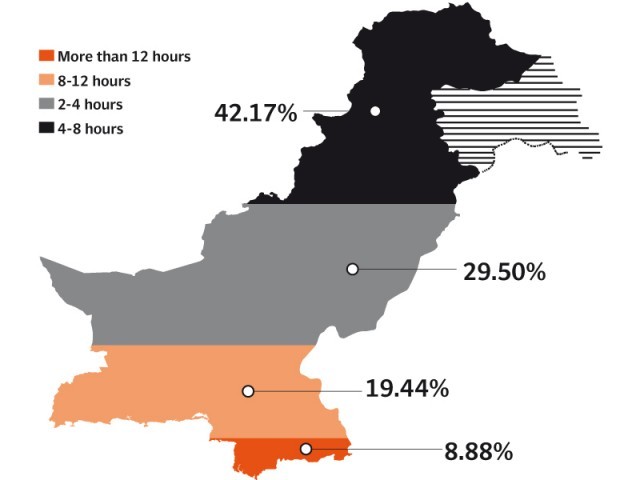
42% employed professional face 4-8 hours of load-shedding at workplace every day.
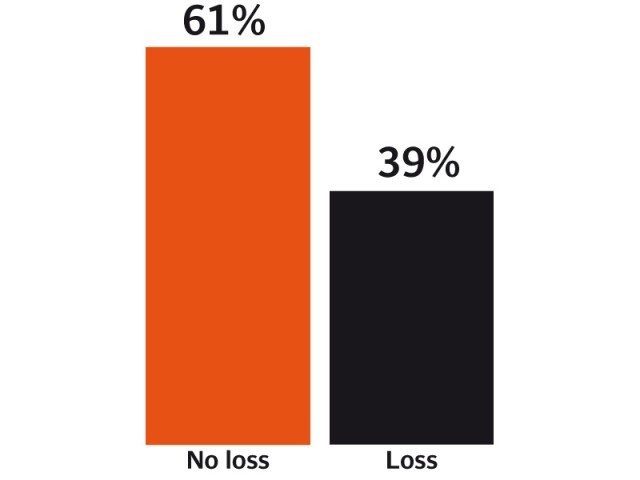
61% employed respondents report no loss of power at their workplace due to uninterrupted power supply, where as 39% there is an entire power shut down at workplace when load-shedding occurs.
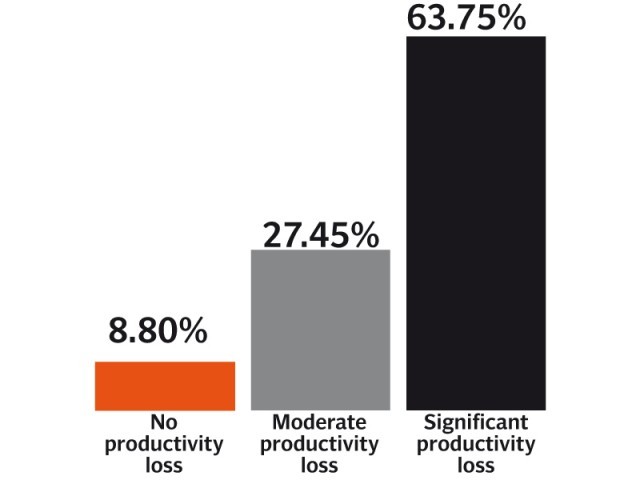
64% employed respondents profess significant productivity loss in their work routine due to excessive load-shedding at home, whereas only 8% feel their work productivity isnt affected by load-shedding.
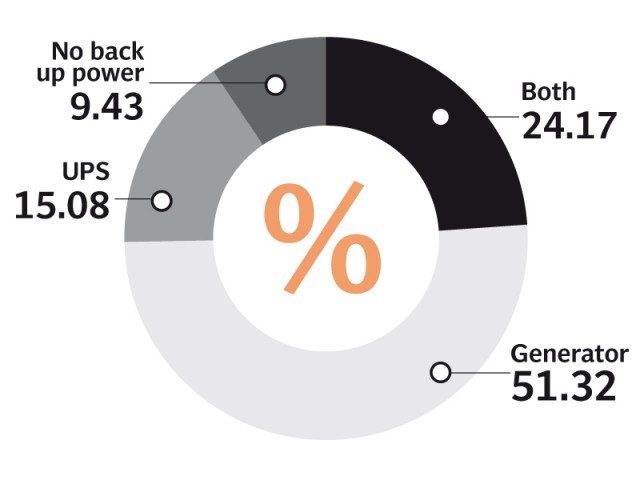
51% working professionals report to have continuous power at office through generators, 24% use both generator and UPS whereas 9% have no back-up power supply to carry out their tasks.
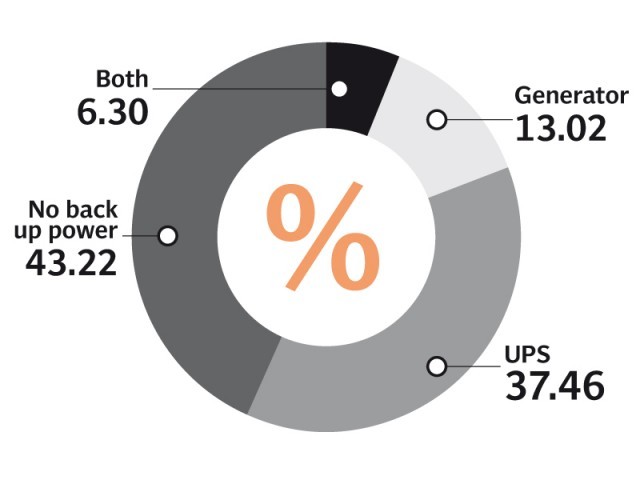
Of the employed sector, 37% working professionals do not have any back-up power supply at home, whereas 43% make do with a UPS when load-shedding occurs.
When the lights go out, so does our productivity.
According to a recent survey by Rozee.pk, 42% of employed professionals in Pakistan face four to eight hours of load-shedding at the workplace every day.
While most offices have back up power, an astonishing 9% of the employed population is left idle with no backup power during the load-shedding hours.
Breakdowns
In the survey conducted between July 4 and 10, 2012, 76% of the respondents said that power outages have significantly increased during the last few months.
The outages are ubiquitous 41% of the respondents face 8 to 12 hours of load-shedding at home per day while 42% of employed professional face 4 to 8 hours of load-shedding at workplace every day.
Peshawar ranked as the worst city vis-à-vis power outages with 47% of the citys residents facing load-shedding for more than 12 hours a day. Karachi was least-affected among other cities with almost half the respondents from the city facing between 4 and 8 hours of load-shedding per day.
Back up
To copy with the frequent and chronic outages, Pakistanis resort to UPS (uninterrupted power supply) and generators 39% of surveys respondents use UPS, 13% use a generator, and 6% use both. That leaves a whopping 42% of Pakistanis with no back up power facility at home.
At offices though, 51% of working professionals report to have continuous power through generators, 24% use both generator and UPS whereas 9% have no backup power supply to carry out their tasks.
Thats 9% of the employed workforce sitting idle at work everyday when the power goes out, for hours.
Productivity loss
With 8 hours of outages on average at home, and no power back up facility, there is bound to be an impact on productivity.
91% of professionals report productivity losses at the workplace with almost two-thirds of employed respondents professing significant productivity loss in their work routine due to excessive load-shedding at home; only 8% feel their work productivity isnt affected by load-shedding at home.
It also comes as no shock that faced with chronic and persistent load-shedding at home, 67% of the employed sector feels tired and lazy at work the next day.
Who to blame
Almost four-fifths of respondents blamed President Zardari for the load-shedding while 40% of the respondents also blamed the ruling Pakistan Peoples Party. A mere 18% blamed themselves. The survey was answered by over 3,000 respondents from 193 cities across Pakistan.

